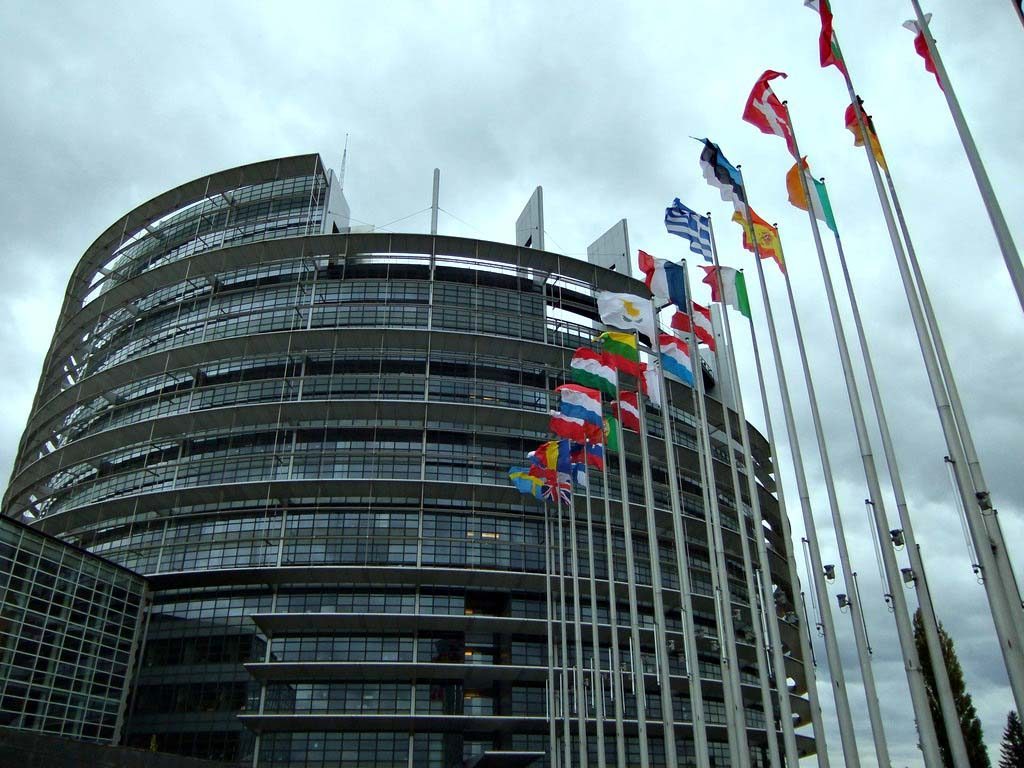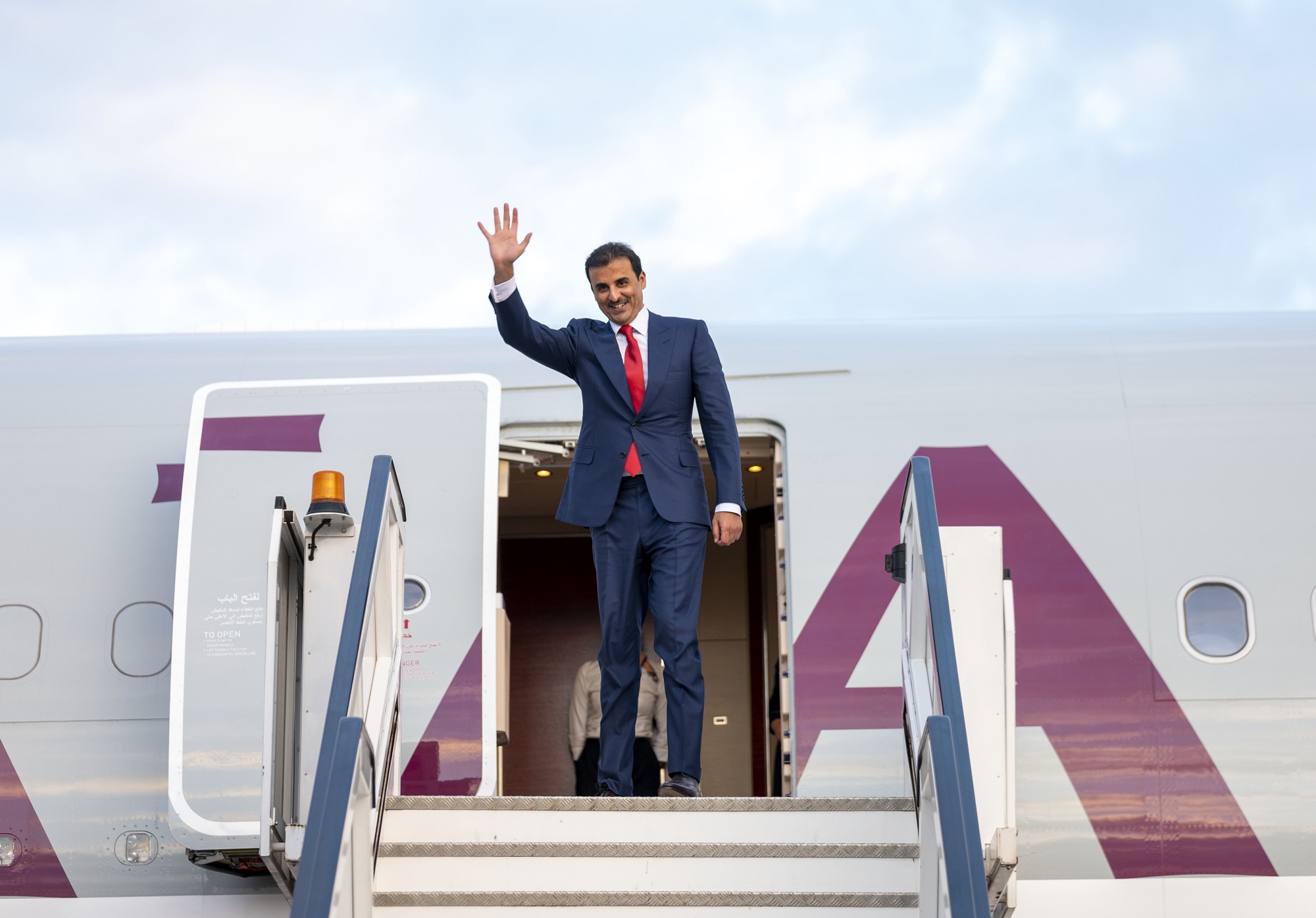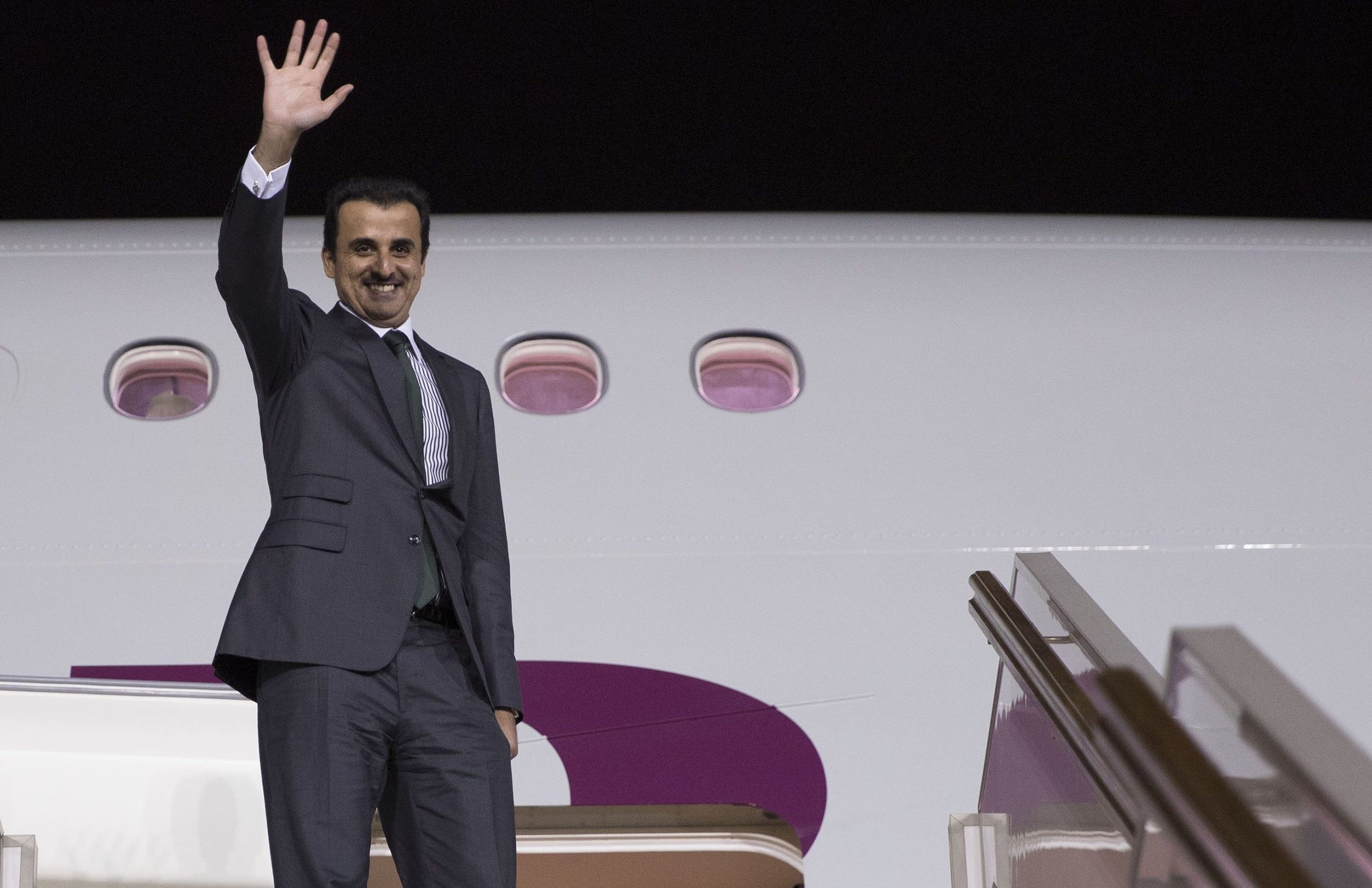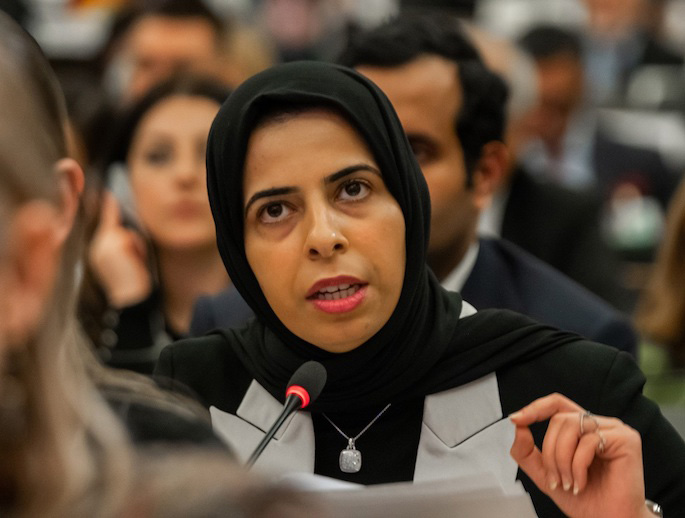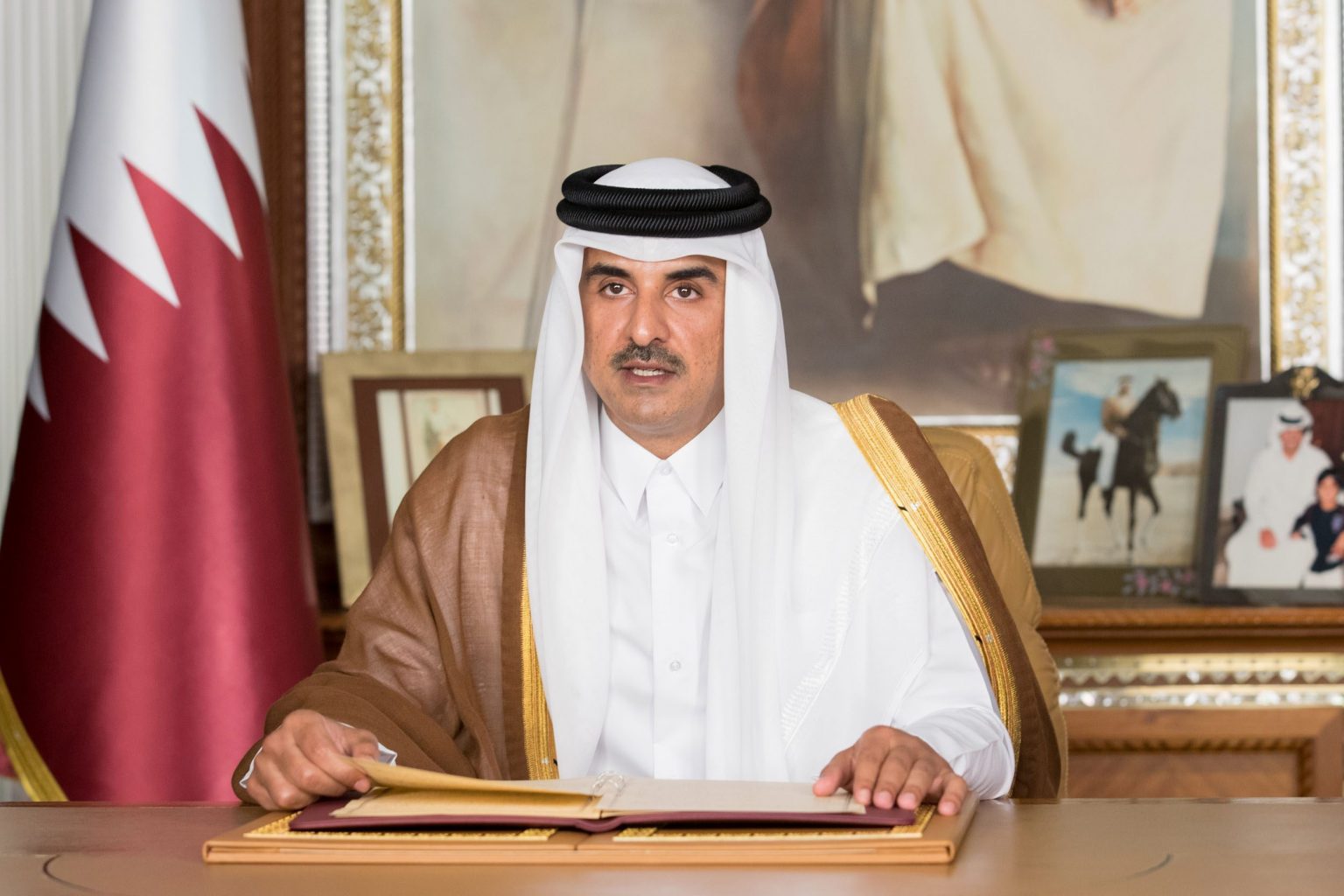
Updated at 11:45am on Feb. 14 to include portions of the letter submitted by Qatar’s Mission to the European Union to the European Parliament.
Qatar’s kafala, or sponsorship system, is “the centerpiece of a completely wrong migration policy,” a European politician concluded following a parliamentary hearing in Brussels today that thrust criticism of Qatar’s human rights record back into the international spotlight.
The meeting was held by the European Parliament subcommittee on human rights, which is looking into the issue of sports and human rights, with a focus on the situation of migrant workers in Qatar ahead of the 2022 World Cup.
After hearing from several witnesses, including the International Trade Union Confederation (ITUC), Amnesty International, the UN’s International Labour Organization (ILO) and football players union FIFPro, committee chairperson Barbara Lochbihler said the European Parliament should play a role in bringing about reform in Qatar.
“We need to debate much more in this house how we can change the kafala system in (Qatar) and (other countries).”
Whether public pressure from outside governments would result in changes within Qatar is up for debate. Privately, some in Qatar’s diplomatic community have said it can actually be counterproductive, as no government wants to be perceived by its citizens as taking policy directions from foreign authorities.
And last fall, Dr. Ali Bin Samikh Al-Marri – the chairperson of Qatar’s National Human Rights Committee – told reporters that he welcomed respectful conversations with labor advocates:
“I hope that we will work quietly but effectively … on human rights, away from the backdrop of propaganda,” he said at the time.
Labor standards
Earlier this week, Qatar’s Supreme Committee for Delivery & Legacy released a 50-page document that sets out minimum living and working standards for workers hired by firms constructing World Cup stadiums and training facilities.
Many provisions are intended to tackle abuses such as companies charging illegal recruitment fees, withholding workers’ passports and paying wages sporadically – all issues documented by Amnesty International in a comprehensive report last fall and highlighted by Amnesty researcher James Lynch at Thursday’s committee hearing.
He said working conditions for migrants would improve if the Supreme Committee’s recommendations are implemented in full and properly enforced.
However, Lynch noted that the new rules would only cover those laborers working on World Cup facilities in Qatar, while excluding the expats involved in the construction of hotels, highways and other infrastructure that’s being built to prepare for the 2022 tournament.
By one estimate, roughly 1.5 million foreign workers will be brought to Qatar in the run-up to the World Cup. However, only 55,000 to 80,000 will work directly on stadiums and training facilities and be covered by the Supreme Committee’s new standards.
The limited scope of the Supreme Committee’s policies was also highlighted by ILO deputy director general Gilbert Houngbo, who said measures such as a ban on confiscating workers’ passports should be expanded more widely.
“Unless the government translates those provisions into national requirements, they are not going to be effective,” he said.
Beyond the government
The need to reform Qatar’s sponsorship system was a common theme throughout the largely symbolic hearing.
The committee, which doesn’t have the jurisdiction to force changes inside Qatar or order FIFA to strip Qatar of the tournament, also heard presentations by FIFA officials as well as former French footballer Zahir Belounis, who was trapped in Doha for several months last year amid a contractual dispute with his sponsor, who refused to grant Belounis an exit permit.
Representatives from Qatar’s embassy in Brussels were also invited, but did not attend and opted to provide a written submission instead.
In it, the government highlighted its co-operation with the ILO in preparing domestic labor legislation as well as its work with various United Nations human rights bodies.
It also said the government is “undertaking wide ranging reforms designed to directly improve the working conditions” of foreign workers through the hiring of more workplace inspectors and interpreters, as well as cracking down on businesses that violate Qatar’s labor laws.
It said 497 companies have been blacklisted so far this year, on top of nearly 2,000 in 2013. “Blacklisting” typically means the businesses are unable to sponsor additional workers.
While much of the focus of today’s session centered on the role of the Qatar government, Amnesty’s Lynch also highlighted the responsibility of companies – many of which are owned by non-Qataris – to treat their workers better.
He said the European Union also has a role to play by requiring businesses under its jurisdiction to ensure their suppliers and subcontractors are respecting workers’ human rights.
For its part, FIFA said it would monitor Qatar’s progress in how it treats migrant workers. Theo Zwanziger, a member of FIFA’s executive committee, said his association won’t “turn a blind eye to abuses, but did not commit to any specific timeline, actions or standards to which Qatar would be held, according to a Wall Street Journal report.
FIFA does not share the view held by some critics, such as ITUC, that Qatar should lose its hosting rights. According to the WSJ, Zwanziger told reporters after the hearing that doing so would just worsen conditions for migrant workers:
“I think that will be counterproductive (to take the 2022 World Cup away from Qatar). There would still be human-rights violations but the spotlight wouldn’t be on them.”
Additionally, the European Parliament subcommittee now plans to send a delegation to Qatar to survey the situation first-hand.
Thoughts?

